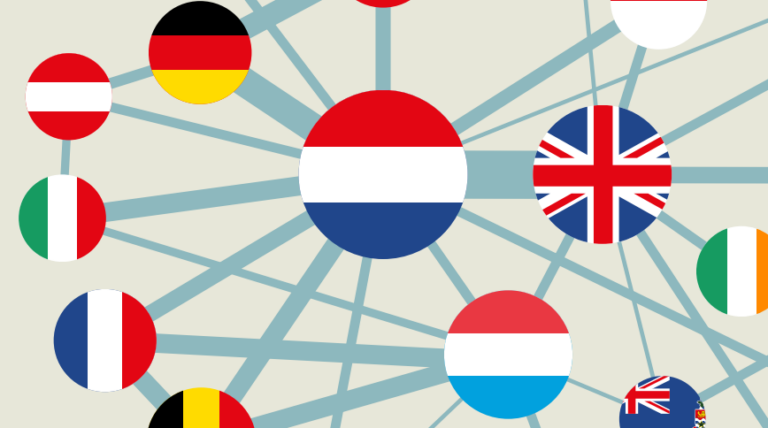Corporate Social Responsibility in Mexico
How changes in the behaviour of multinational enterprises contribute to economic development
CSR is still in an early phase in Mexico. Although for a large part traditional attitudes still persist, a slow culture change has set off among enterprises and other relevant actors. The research showed that interaction between Mexican civil society and business-oriented organizations remained still very limited, though. Within civil society, some organizations had already adopted a new CSR perspective, but most of them were still exploring CSR strategies. Business-oriented organizations were clearly ahead of civil society in taking up the theme of CSR. They had formed a broad network to promote CSR and most of them emphasize the business case. The promotion of CSR through business networks and exchange of experiences is important, because even when CSR initiatives can be profitable investments, not all enterprises will automatically recognize this. A few organizations displayed an alternative non-traditional CSR perspective that is centred on personal responsibilities and human values instead of stakeholders relations. It focuses on ethical rather than business incentives and is characterized by ‘soft’ strategies, with an emphasis on awareness raising. This perspective has not received much attention in CSR literature, probably because a lack of ethical incentives and of awareness about enterprise responsibilities are not considered major obstacles for more responsible enterprise behaviour in high income countries. However, in countries like Mexico where both legal and civil regulation mechanisms are weaker and social awareness is considerably lower, such ‘soft’ strategies may become much more important, at least as a complement to other strategies. A common element of the strategies of all business-oriented organizations is that they do not actively promote stakeholder engagement and do not pay attention to regulatory mechanisms. Despite the non-traditional characteristics of their CSR attitudes, the majority still opposed direct involvement with civil society. With respect to Dutch MNEs, a new CSR perspective was sometimes transmitted from the corporate headquarters in the Netherlands down to the local level. In general foreign MNEs were hardly influenced by CSR developments at the local level, but independently developed their own corporate CSR programmes. The promotion of CSR through business networks and exchange of experiences is therefore more important for domestic enterprises. Whether corporate CSR commitments contributed to a change of enterprise culture at the local level strongly depended on the type of corporate CSR management. Two main types were identified in the research. The first type is characterized by a focus on the top-down implementation of corporate CSR rules alone. At the local level awareness about enterprise responsibilities and the business case for CSR remains largely unchanged. The second type goes beyond imposing new rules and involves a change in local enterprise culture. This contributes to the dissemination of a new CSR perspective outside the MNE as well. A change in enterprise culture may require considerable time, though.
Publicatie
Related news
-

-
Geldstromen via Nederlandse brievenbussen nemen weer toe Gepubliceerd op:
 Arnold MerkiesGeplaatst in categorie:Publicatie
Arnold MerkiesGeplaatst in categorie:Publicatie Arnold Merkies
Arnold Merkies
-
 Overheid pampert ASML en aandeelhouders met 4,4 miljard euro belastingkortingGeplaatst in categorie:Lang lezen
Overheid pampert ASML en aandeelhouders met 4,4 miljard euro belastingkortingGeplaatst in categorie:Lang lezen David Ollivier de LethGepubliceerd op:
David Ollivier de LethGepubliceerd op:


